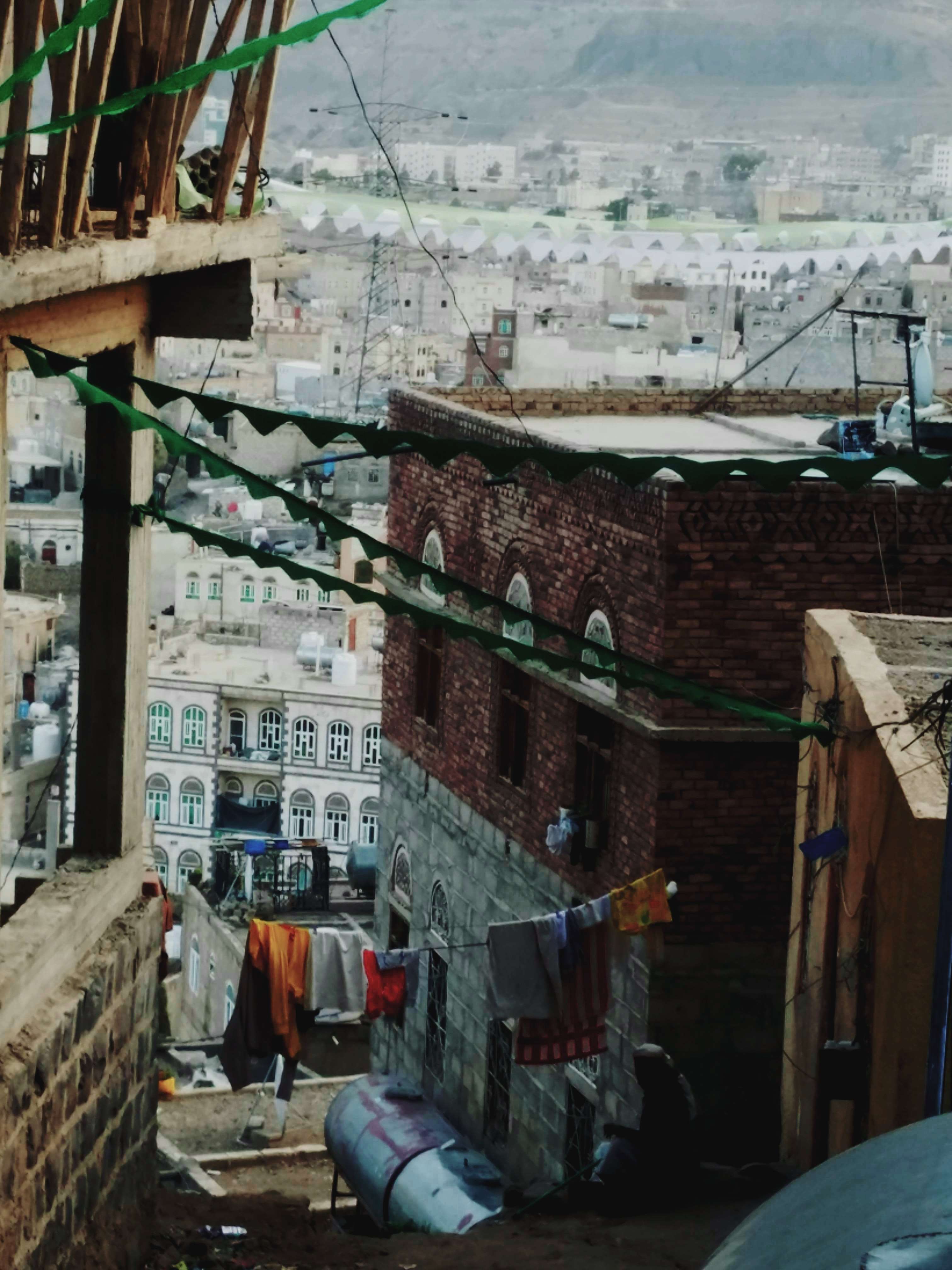
September 15 marks the International Day of Democracy, and this year, the day highlights the role that press freedom plays in protecting peace and democracy. In the face of increasing mis/disinformation, clear, accurate, and independent media is a crucial tool for citizens to make informed decisions. To mark this day, DT Global is looking back on the successes of our Amplifying Messaging and Inclusive Narratives (AMIN) program in Yemen, which strengthened the skills of journalists and news organizations across the country.
For the past two and a half years, DT Global and its partners have supported independent journalism and countered disinformation in Yemen through our Amplifying Messaging for Inclusive Narratives (AMIN) program. AMIN combined country-wide research activities, including extensive media monitoring, with training and grant-funded messaging campaign activities for talented local journalists and news organizations across Yemen.
Through our work, we found that support for independent journalists is key to peacebuilding in Yemen, as journalists are one of the few sources Yemenis trust to provide accurate information on political and social events. In particular, supporting journalists from marginalized communities and geographic areas helps to ensure that stories related to discrimination and exploitation—issues that increase social cleavages and have been exacerbated by years of conflict—get media coverage. Independent journalists are also well placed to transcend divisive coverage that reinforces zero-sum narratives by promoting positive messaging and countering the hate speech that is often found in partisan news outlets. Here, we are highlighting three major successes of the AMIN program.
AMIN’s local partners produced an incredible volume of diverse content during the program’s lifespan. As a result of AMIN messaging campaigns, Yemenis’ access to independent news on issues related to the war and Yemeni society dramatically expanded. Campaigns included coverage around COVID-19, environmental issues, women’s role in peacebuilding, discrimination against minority communities, government service provision, corruption, and misleading reports about political and security developments such as battlefield developments.
AMIN worked with media to identify these campaign themes through in-depth research activities that highlighted topics Yemenis wanted covered and topics that attracted the most disinformation. This data, combined with regular consultation with local media partners, allowed the AMIN program to quickly debunk fake news stories and raise awareness about local issues commonly subject to misconceptions.
Disinformation in Yemen remains a persistent problem. One of the biggest challenges for programs countering fake news is keeping up with the huge amounts of misleading or fabricated reports that are published daily—especially in active conflict zones and areas with limited press freedom. AMIN grantees developed strategies to prioritize which disinformation themes to focus on countering, often by choosing the stories that their communities were most affected by or the ones they were well-equipped to address.
Some AMIN grantees employed the strategy of “prebunking” fake news: early identification and countering on the topics that would be subject to disinformation. For example, AMIN-supported journalists provided factual reporting on the COVID-19 vaccine before the vaccine even arrived in Yemen, as they were aware that the topic would be heavily politicized and misreported in local media.
The AMIN program took a nonpartisan approach to countering disinformation in Yemen and our local partners refuted fake news stories originating from all sides of Yemen’s conflict. In an environment where years of polarization and politicization of local media has sowed distrust among citizens, this approach built Yemenis’ confidence in AMIN-supported platforms and helped expand neutral journalism in the country.
AMIN also strengthened the technical skills and experience of its partners to develop and pitch media strategies to fund their work. AMIN grantees are now equipped with the networks and technical skills to apply for new sources of funding. This capacity will help to sustain the activities of AMIN’s partners for years to come. As one AMIN grantee explained: “We are now at a lower risk and higher capacity and are confidently reaching out to other donors since we meet most of their qualifications for funding.”
Another grant recipient said, “The [AMIN] grant was like a course for the organization and our team. It was the first grant which trained our staff on the administrative and technical aspects of grants and project management, reporting, and countering offline disinformation.”
Given their role in supplying the public with fact-based information and positive narratives that reinforce national solidarity, independent journalists remain essential for peacebuilding efforts in Yemen. Increased funding is needed to support the work Yemeni and other journalists do to enhance the resilience of their communities to the impact of disinformation. DT Global continues to develop approaches for promoting independent journalism and countering mis/disinformation in our programs, which we believe are essential components of conflict prevention and peacebuilding in the digital age.